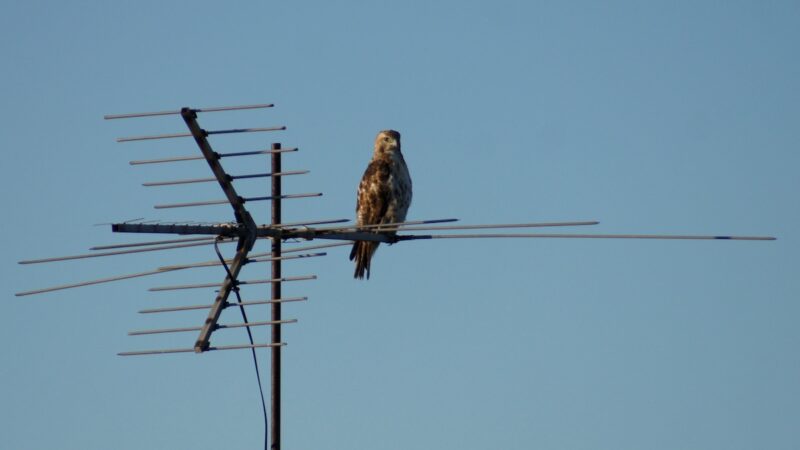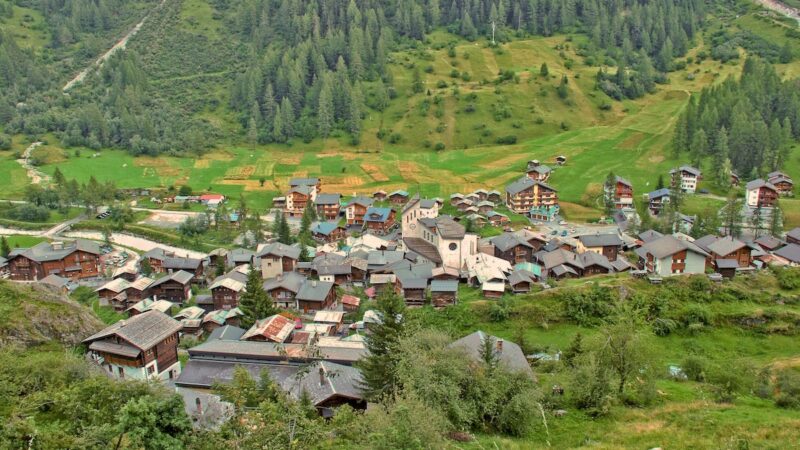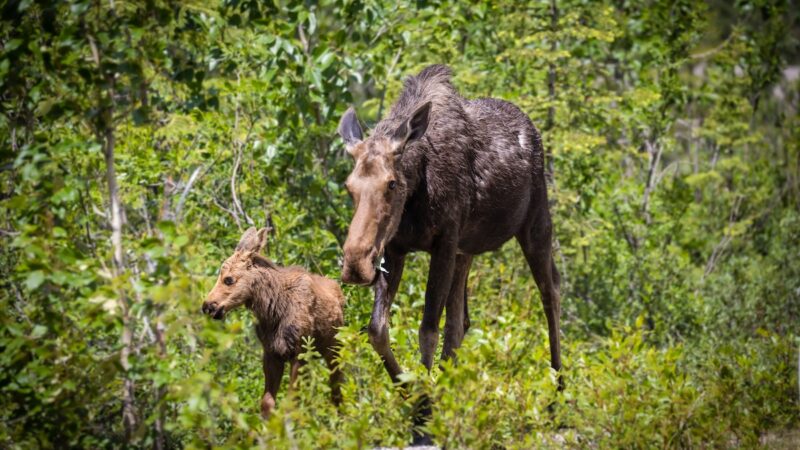How To Never Pay For Camping Again
Vanlifers, RV dwellers, outdoorsy people, and travelers: here are some great tips on how to save money and camp for free in the most famous scenic locations in the country.
Camping has been viewed as a way to spend a long time outdoors, for a low cost. However, a recent survey by Camper Report has found that the average campsite in the US can range from $30-$250 a night.
So while nature is free, camping has become steadily more expensive. And as inflation rises, and the post-pandemic desire for less screen time and more time outdoors increases – it’s more crucial that we don’t create more barriers to the outdoors.
In the spirit of keeping nature accessible, here are some top tips on how to never pay for camping again.
Public Lands
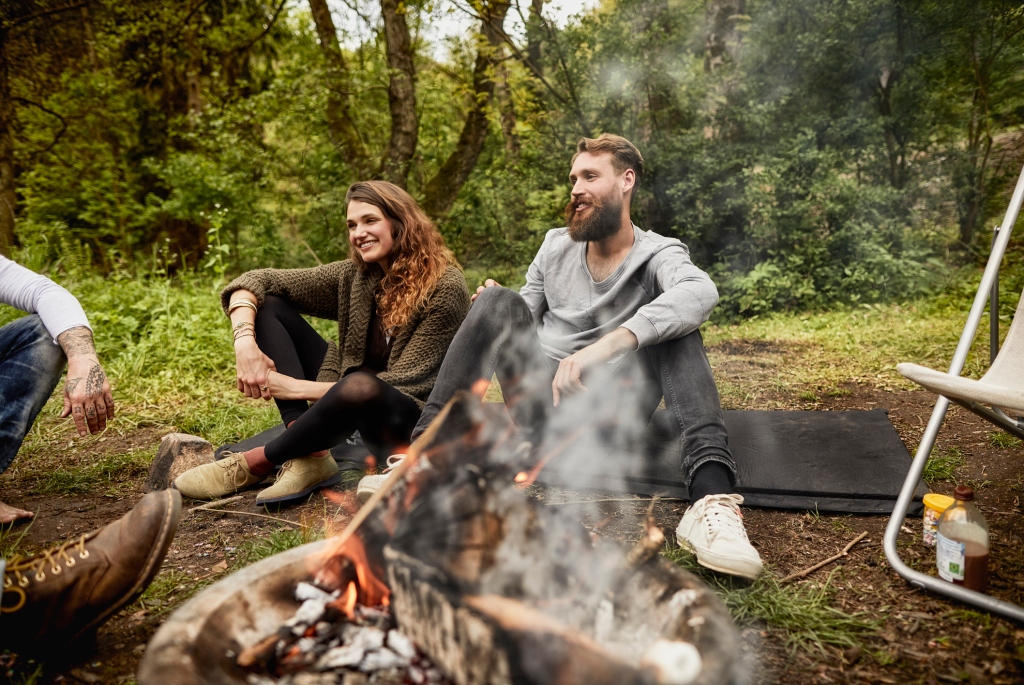
The best and easiest way to camp for free is to camp on public lands. The Bureau of Land Management’s “mission is to sustain the health, diversity, and productivity of public lands for the use and enjoyment.” These lands are easy to find if you use a few key resources.
The first is the Bureau’s website, which provides maps of public land from Alaska to Florida.
Public lands can also be found on apps such as FreeRoam or iOverlander.
The United States Forest Service (USFS) also owns land where you may camp for free. They also maintain nearly 200 campsites that are low-cost to the public. You can use the USFS’s interactive map to find free dispersed forest camping areas. Within the forest, make sure to check the forest’s local regulations just in case free camping is not allowed or a permit is required. Once you find a spot, you can disperse camp for up to 14 consecutive days for free.
Parking Lots
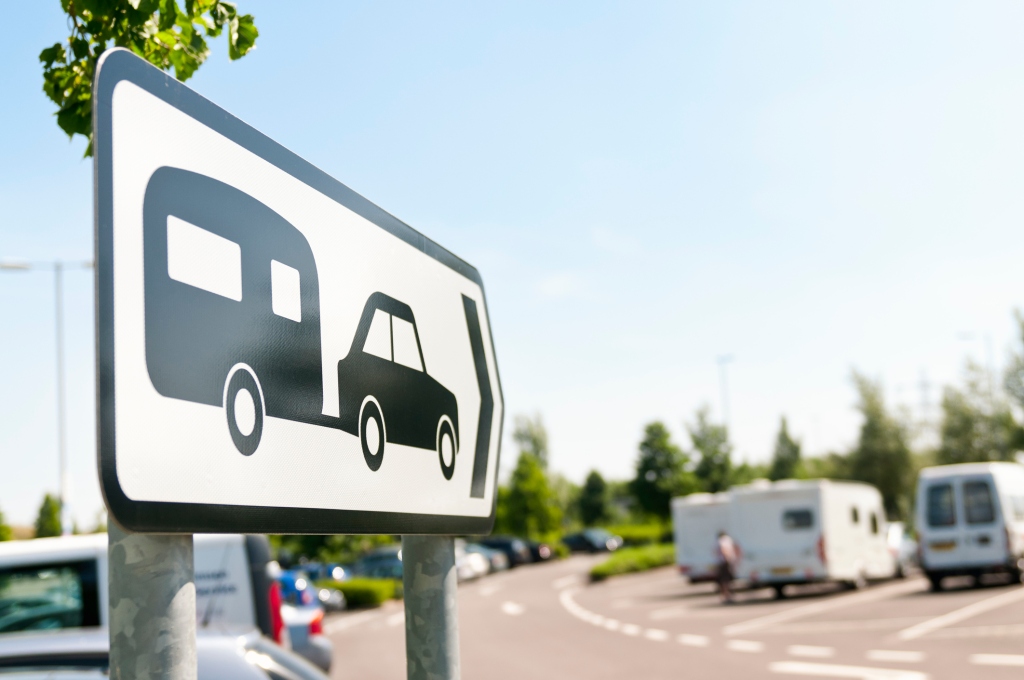
Another great option for free camping is overnight parking at business parking lots. This is certainly less sexy than a beautiful dispersed forest, but when you’re in a pinch, or if you are lucky enough to have a kitted-out Sprinter or RV, a place to park may be all you need.
Many large businesses allow overnight parking. Walmart, Costco, and Casinos are among popular overnight spots. Always check the signage to make sure it’s allowed, and in rare cases where there is a sign but you are desperate, you can always ask an employee or supervisor of the business for their approval, and sometimes that works.
Make sure to double-check that sleeping in your car is not illegal just in case.
Rest Areas (When Permitted)
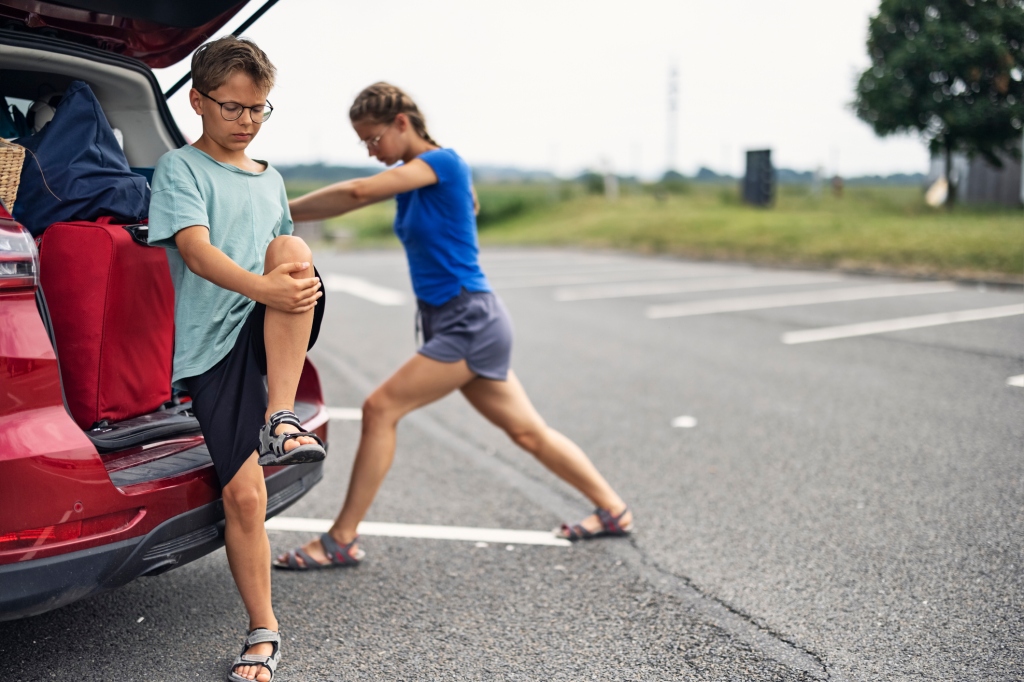
Rest areas may not be the most ideal camping spot due to the nature of the incoming and exiting traffic, but they are often well-lit, offer toilets, snacks, and water, and have an allowance of 8-10 hours for resting when tired from driving. If you are pitching a tent, you might consider asking a security guard for approval. Not all rest areas allow overnight parking, but a quick search on the Interstate Rest Areas website will help you find a rest area that does allow overnight parking.
Truck stops are also a great resource, as long as you are comfortable parking near a bunch of other trucks, as it doesn’t offer the quietest solution. Popular truck stop companies include Loves, Flying J, and TA, all of which you can find on Google or Apple Maps.
Covert City Parking
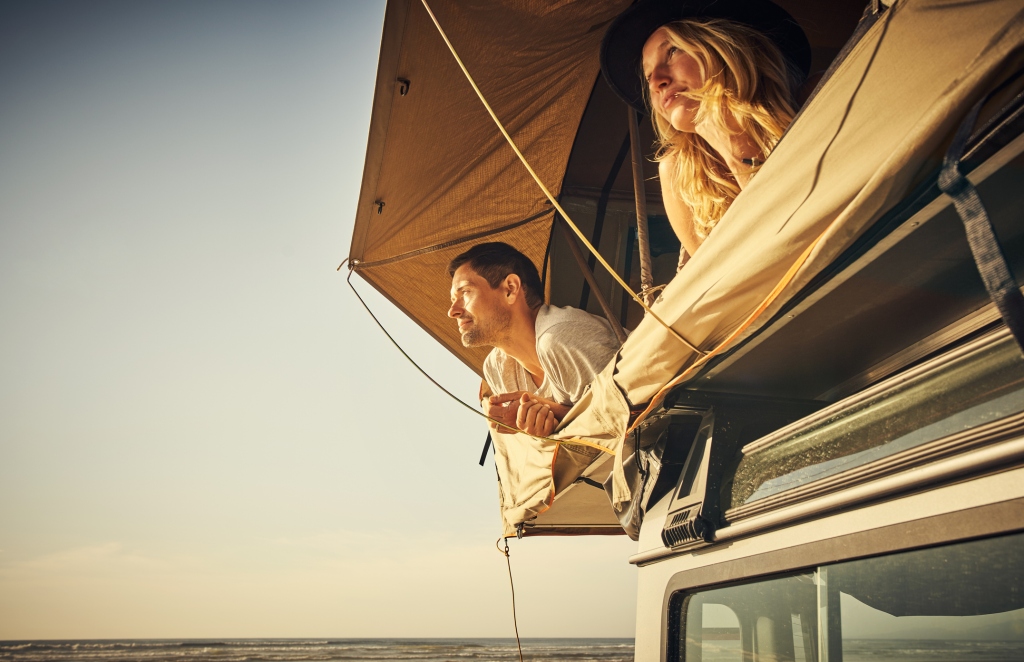
In addition to big businesses that allow overnight parking, many cities also have streets that allow overnight parking. Often residential areas or back streets have overnight parking and can also offer a more peaceful sleeping option with little noise. The same rules follow for city parking as for parking at a big business, just make sure to double-check that sleeping in your car is allowed.
Covert city parking has been a useful last-minute or from-night-to-sunlight option when you just need a quick place to stay. Although local city parks are not a good place to camp unless they specifically say, they can often have water and toilets that are either open 24/hours or for daytime and can be useful for amenities. For example, the local city park in Lander, Wyoming, has free camping and a beautiful view.
If choosing to park in the city, it’s better to park outside of someone’s home that you may know, as neighbors may call the police if they are particularly watchful for new cars in the area.
Word of Mouth
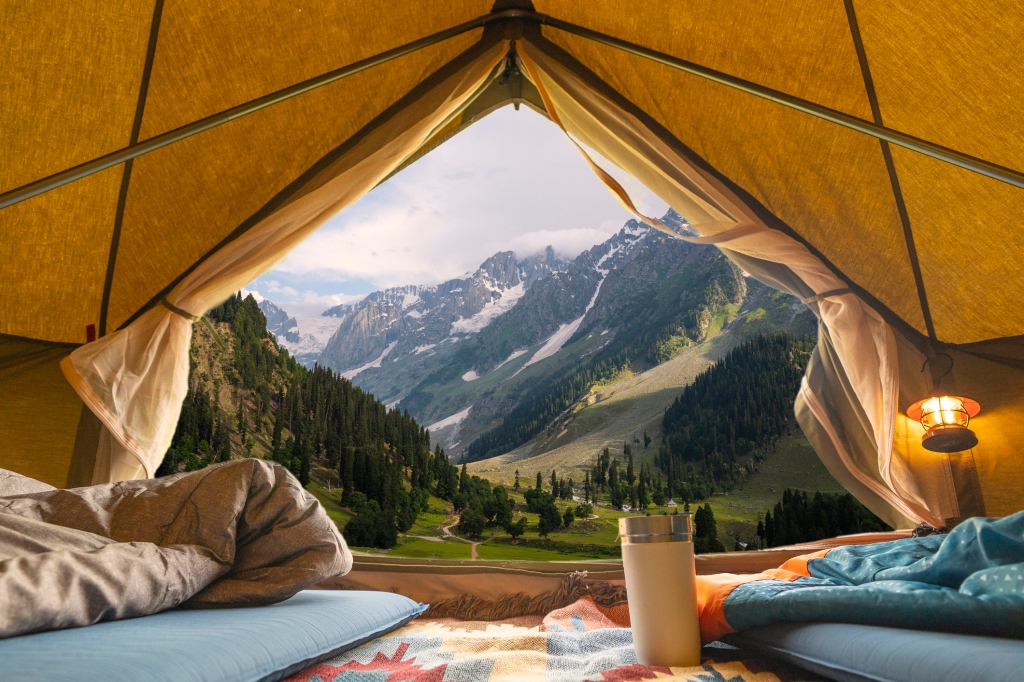
Don’t discount tips from the locals around you. Join a camper community and ask around to see if anyone has tips for free local camping. Through word of mouth, I have camped in beautiful Moab, Bishop, California, Fontainebleau, France – and even Spain. You’d be surprised how many public lands or secret spots are available through word of mouth. Many locals don’t wish for these spots to be recorded, but will happily tell you in person. In the age of the internet, there is still more to find out in the real world.
The next time you are tired of staring at a screen and looking for a mental refresh, don’t let the idea of the pricey cost of camping stop you. After all, nature is all around us and spending time outdoors can even make you nicer. And now that you know how to never pay for camping, check out these tips on how to camp like an expert: Get Organized For Your Next Camping Trip.
How To Camp For Free: A Toolkit
Here is a useful list of apps and sites that will help you find free camping and other public land resources:
Source: https://outdoors.com/how-to-never-pay-for-camping-again/


